Reassessing India’s Performance at Summer 2024 Olympics
In a recent development, Neeraj Chopra has shed light on India’s prospects for the upcoming Paris 2024 Olympics. Following a successful showing at the Tokyo Olympics, where India secured a total of seven medals, including a gold, the performance at the Paris Olympics failed to meet expectations. Unfortunately, apart from Neeraj, no other athlete was able to secure a gold medal, despite his previous historic achievement in Tokyo. Despite his efforts to overcome a groin injury and mental obstacles, he managed to clinch a silver medal, conceding to Pakistan’s Arshad Nadeem and an Olympic record.
With two medals to his name – gold and silver – in the last two Olympic editions, Neeraj stands as the most accomplished individual Indian athlete in Summer Games history. During the men’s javelin final, his best throw this season stood at 89.45m, securing second place behind Nadeem’s 92.97m throw.
This setback is unfortunately not an isolated incident, as other Indian athletes also faced challenges. For example, Lakshya Sen narrowly missed out on badminton medals, and Avinash Sable and Jyothi Yaraji’s performances did not meet their previous bests. This raises the recurring issue of Indian athletes underperforming at major events, prompting the question of what steps India needs to take to address this issue effectively.
Luckily, Neeraj provided valuable insights based on his own experiences. He stressed the need for improved talent scouting in India, citing the international practice of identifying talent at a young age and nurturing it in the right sport. Additionally, he emphasized the importance of developing a strong coaching network to guide athletes in various sports, ultimately enhancing India’s presence in global competitions.
Furthermore, Neeraj advocated for a comprehensive approach to sports, highlighting the need for India to excel in multiple disciplines. He pointed to powerful nations like China, the USA, and Japan, whose sports dominance significantly elevates their global profile. He expressed hope for India’s success in the upcoming Olympics, while also aspiring for qualification in the FIFA World Cup, recognizing cricket’s stronghold and the need for an abundance of skilled coaches across sports.
Moving forward, Neeraj disclosed his plans to establish an academy for aspiring athletes post-retirement, specifically a javelin academy, to contribute to the development of future talents. He also revealed his intention to seek medical advice for a persistent groin injury and expressed his eagerness to surpass the 90m mark once fully fit, acknowledging the hindrance his injury has caused to his training sessions and emphasizing the essential role of regular practice and solid technique in achieving peak performance.
In conclusion, Neeraj’s valuable insights provide a compelling roadmap for India’s future endeavors in global athletics. By prioritizing talent scouting, coaching development, and multi-sport excellence, India can work towards improving its performance and standing in international competitions. Neeraj’s unwavering dedication to both personal and national athletic goals presents a beacon of hope for India’s sporting aspirations.
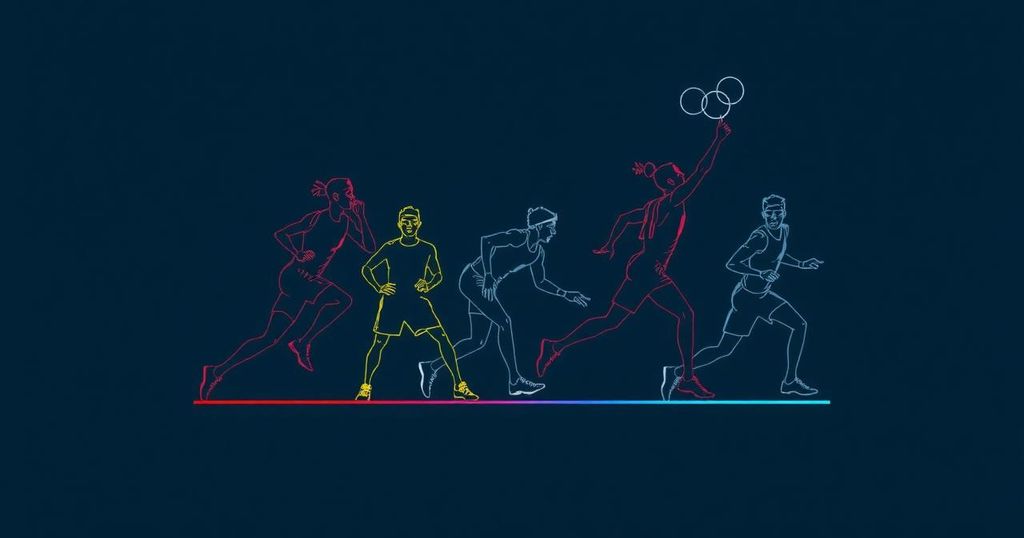

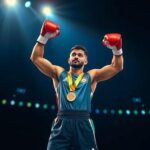


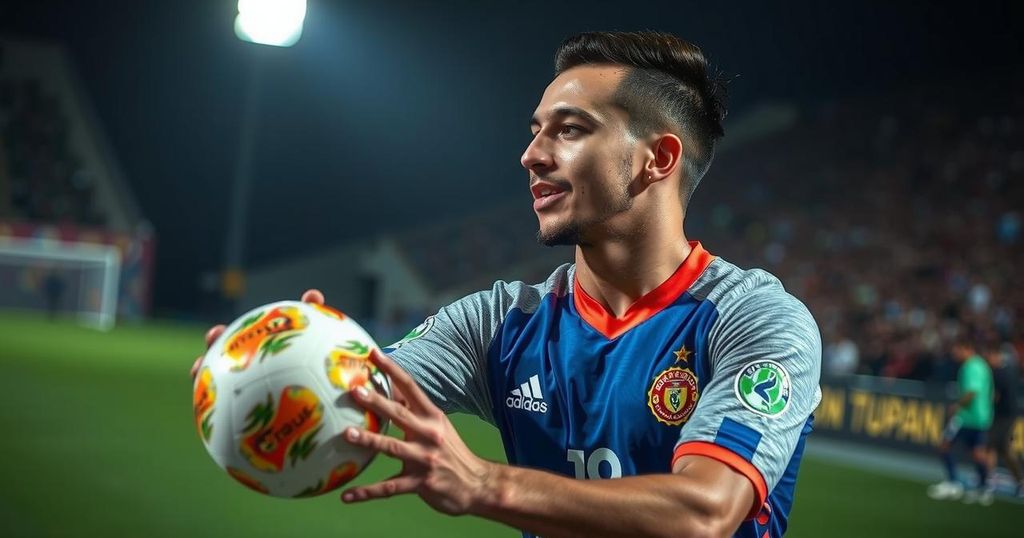
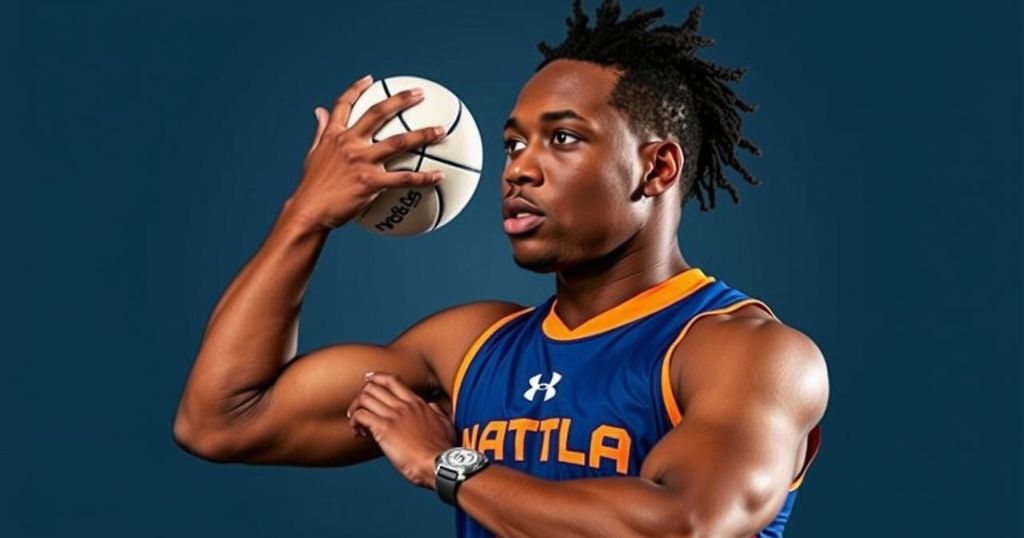
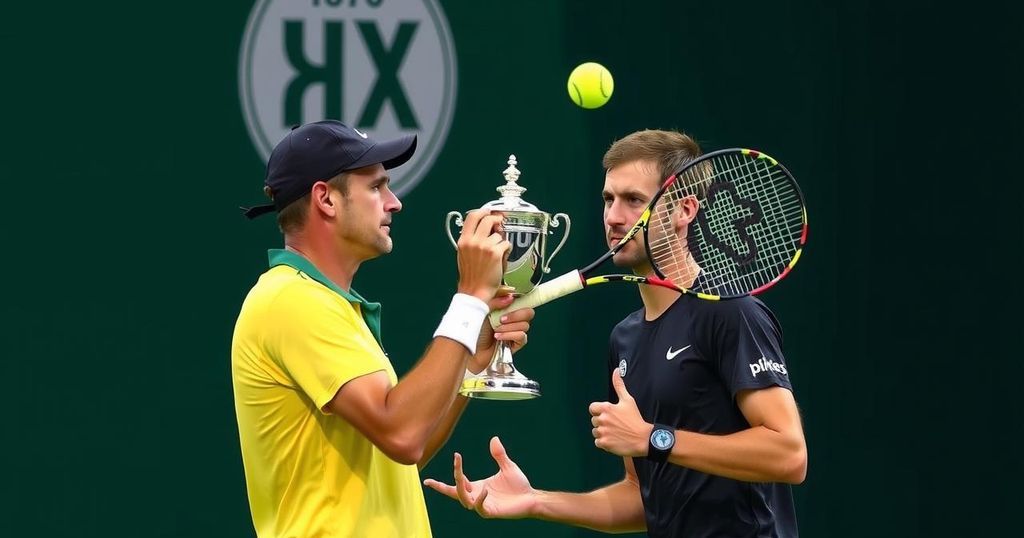
Post Comment